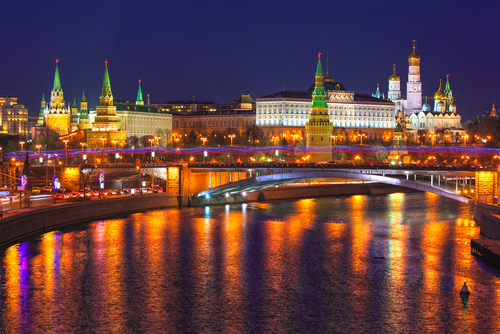By Vitaly Naumkin for Al-Monitor. Any opinions expressed are those of the author, and do not necessarily reflect the views of Libya Business News.
Are there any prospects for Moscow-Libya cooperation?
Since the fall of Moammar Gadhafi’s regime, Russia has clearly evinced no interest in Libya and there are a number of reasons for that.
First, a de facto civil war in that country and rampant violence perpetrated by gangs and irregular militias make any economic projects in Libya very risky.
Second, Moscow reasonably fears that a sizable portion of the nation’s new political elite views Russia as an enemy due to the latter’s critical attitude to the NATO operation against the former regime.
Third, the prevailing opinion in Russia suggests that Libya has turned into a vassal land for a number of Western nations that are in fact responsible for the developments there and that Moscow neither wishes nor feels an incentive to compete.
Fourth, the Russian expert community believes that the outcome of the fight being waged by rival Libyan groups remains unclear, even though recent successes of Operation Dignity undertaken against radical Islamists under the leadership of Gen. Khalifa Hifter, who is supported by the internationally recognized government in Tobruk, suggest that the balance of forces may change.
An attack against the Russian Embassy has not exactly boosted Russia’s enthusiasm for greater involvement in the Libyan affairs, apart from its commitments as a permanent member of the UN Security Council.
As far back as August, former Russian Ambassador to Libya Alexei Podtserob described several scenarios of potential developments in Libya. His first scenario involved a rebel victory, which would mean the country’s “Somalization” because “everyone would start fighting against everyone else: Cyrenaica residents against people of Tripolitania and Fezzan, tribes against tribes, Arabs against Berbers, fundamentalists against Gadhafi supporters.”





